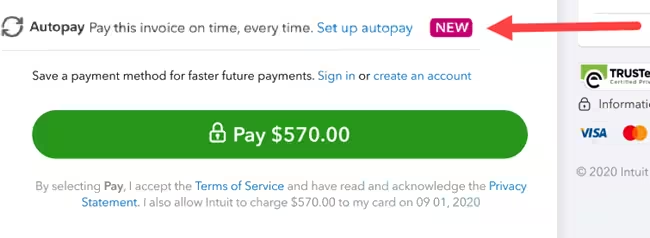Ah, summer—the season of sunshine, vacations, and relaxation. But while you are soaking up the sun, your business’s financial health should not be on vacation as well. We are here with some essential tips for maintaining a smooth and effective relationship with your bookkeeper. Clear communication and proactive organization can make all the difference when it comes to managing your business’ finances.
Clear and Constant Communication: Clear communication lies at the heart of continuous successful collaboration with your bookkeeper. Whether it is sending receipts promptly or updating them on significant financial events, keeping the lines of communication open ensures your bookkeeper can accurately categorize expenses and maintain an up-to-date financial record. Remember, timely information prevents last-minute scrambles during tax season and helps in making informed financial decisions throughout the year.
Document Significant Events: Did you sell an asset, acquire new equipment, or secure a business loan? These events impact your financial statements. Providing your bookkeeper with sales documents, loan agreements, and other relevant paperwork ensures these transactions are properly recorded on your balance sheet. This proactive approach not only maintains accuracy but also simplifies audits and financial reviews.
Payroll Matters: From hiring to termination, every change in your workforce should be promptly communicated to your bookkeeper. Details such as hiring information, bonuses, cash advances, and termination notices are crucial for accurate payroll processing. By keeping your bookkeeper informed, you minimize the risk of payroll errors and ensure your employees are compensated correctly and on time.
Real-Time Recording: Avoid the year-end scramble by recording transactions in real time. Providing your bookkeeper with timely updates, complete with notes and attachments, streamlines the accounting process and reduces stress during tax season. This initiative will keep your financial records accurately up to date and allows your CPA to work efficiently when preparing your taxes.
Share Everything (Yes, Everything!): Remember, when it comes to financial information, there is no such thing as too much detail. Your bookkeeper would rather have more information than necessary than miss critical details that could impact your financial statements. Whether it is an unexpected expense, a new revenue stream, or a regulatory change, keeping your bookkeeper informed ensures that your financial records reflect the true state of your business.
Take a moment to review your financial and communication processes with your bookkeeper. Here is to a productive summer—and a well-managed financial future!




